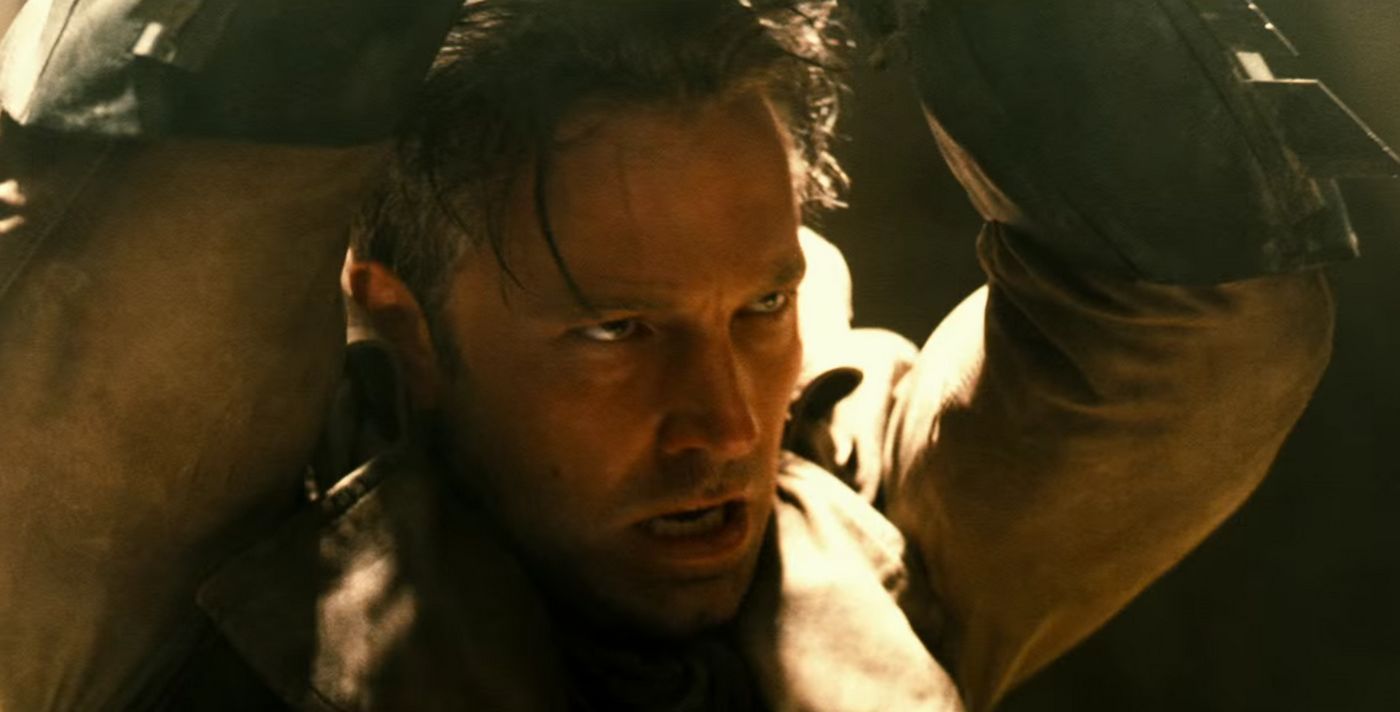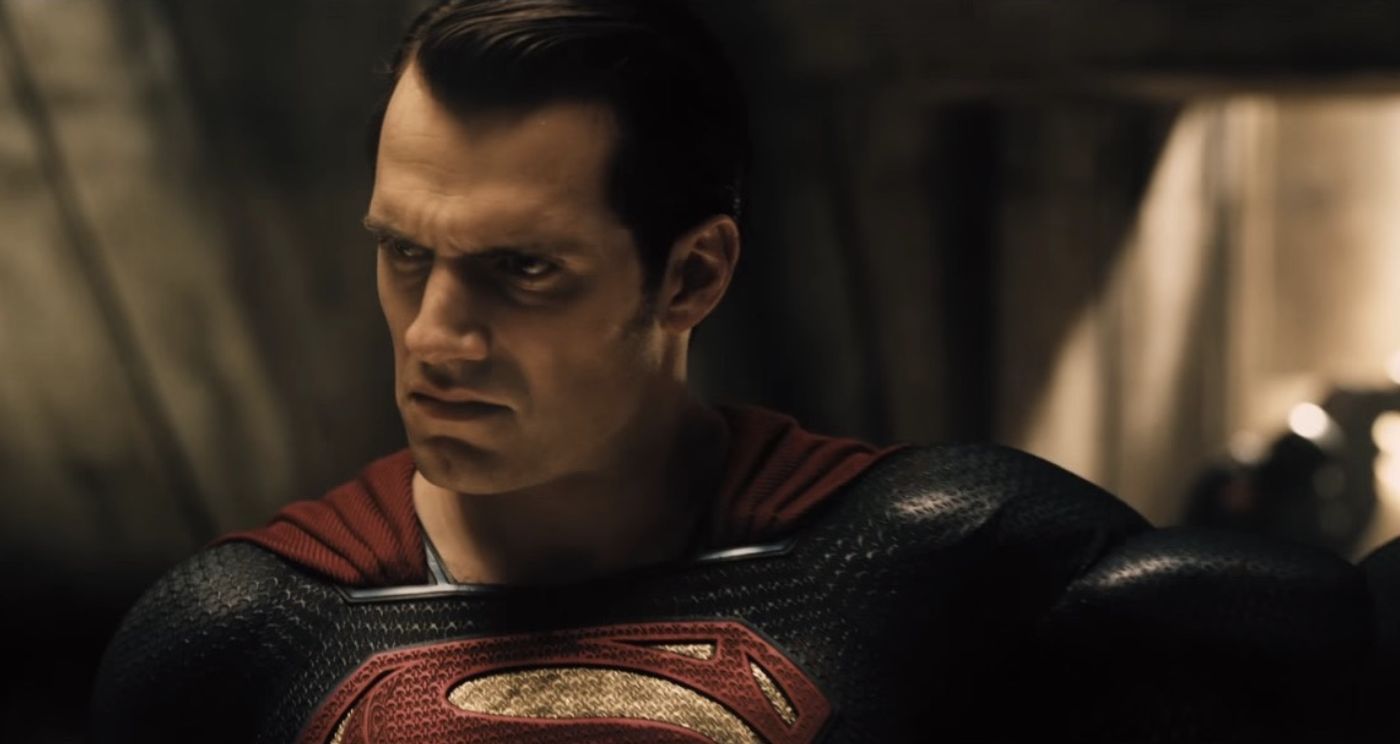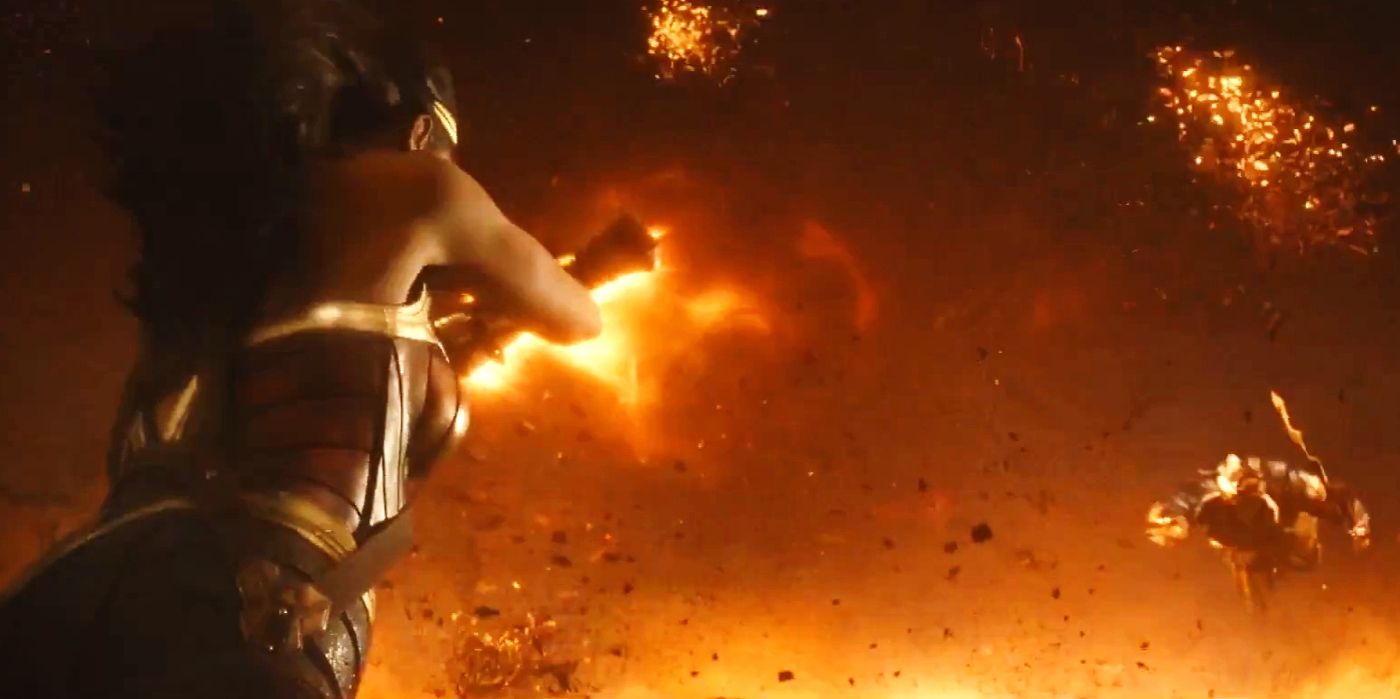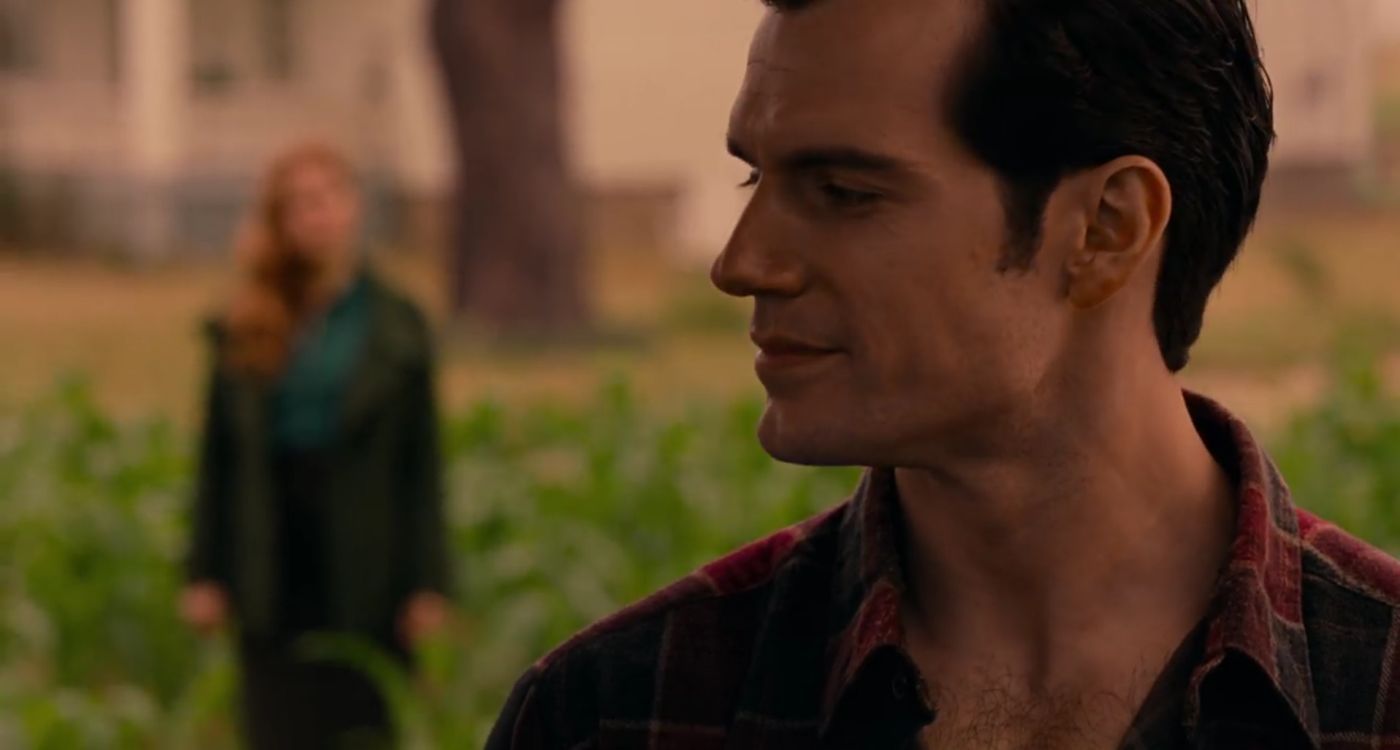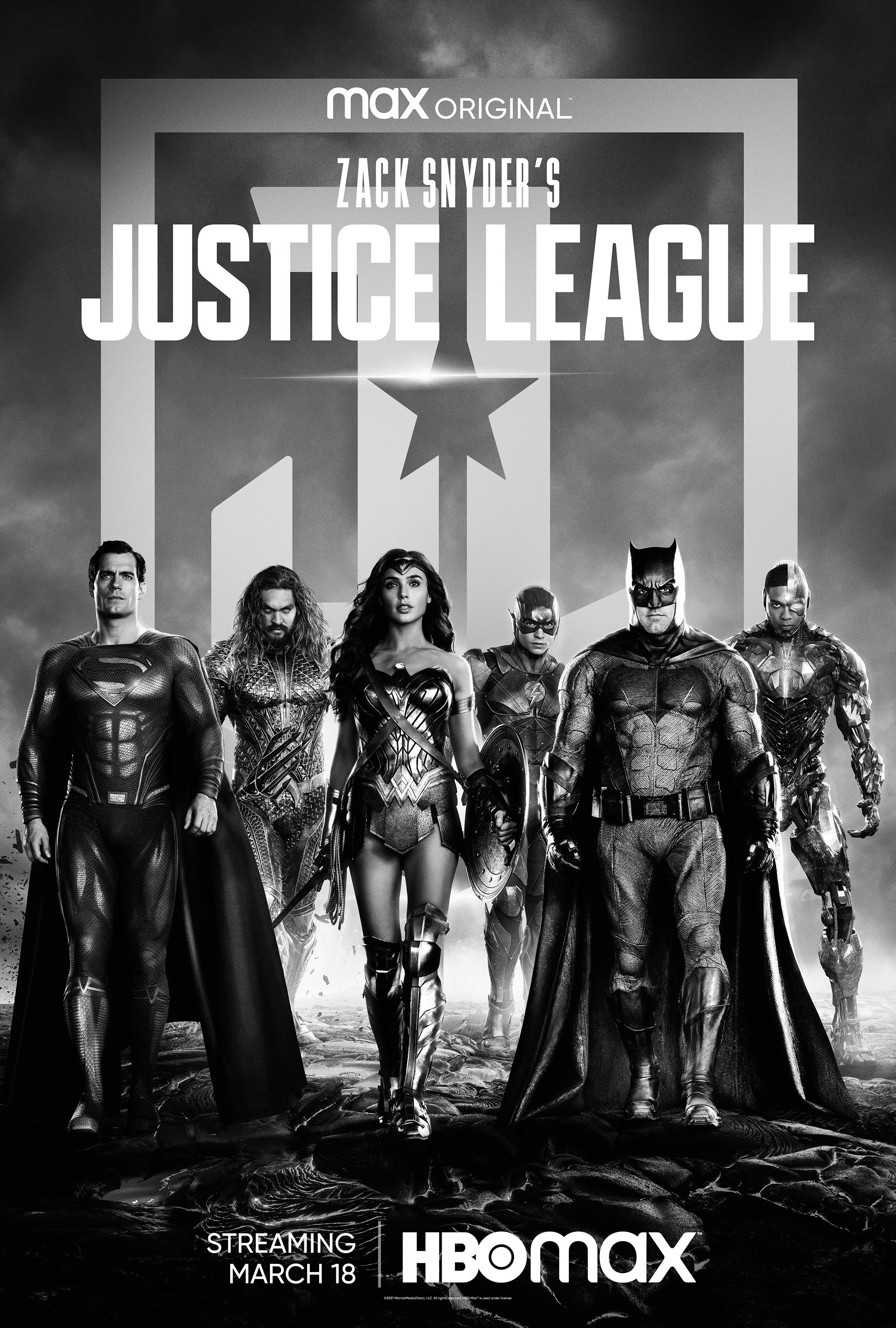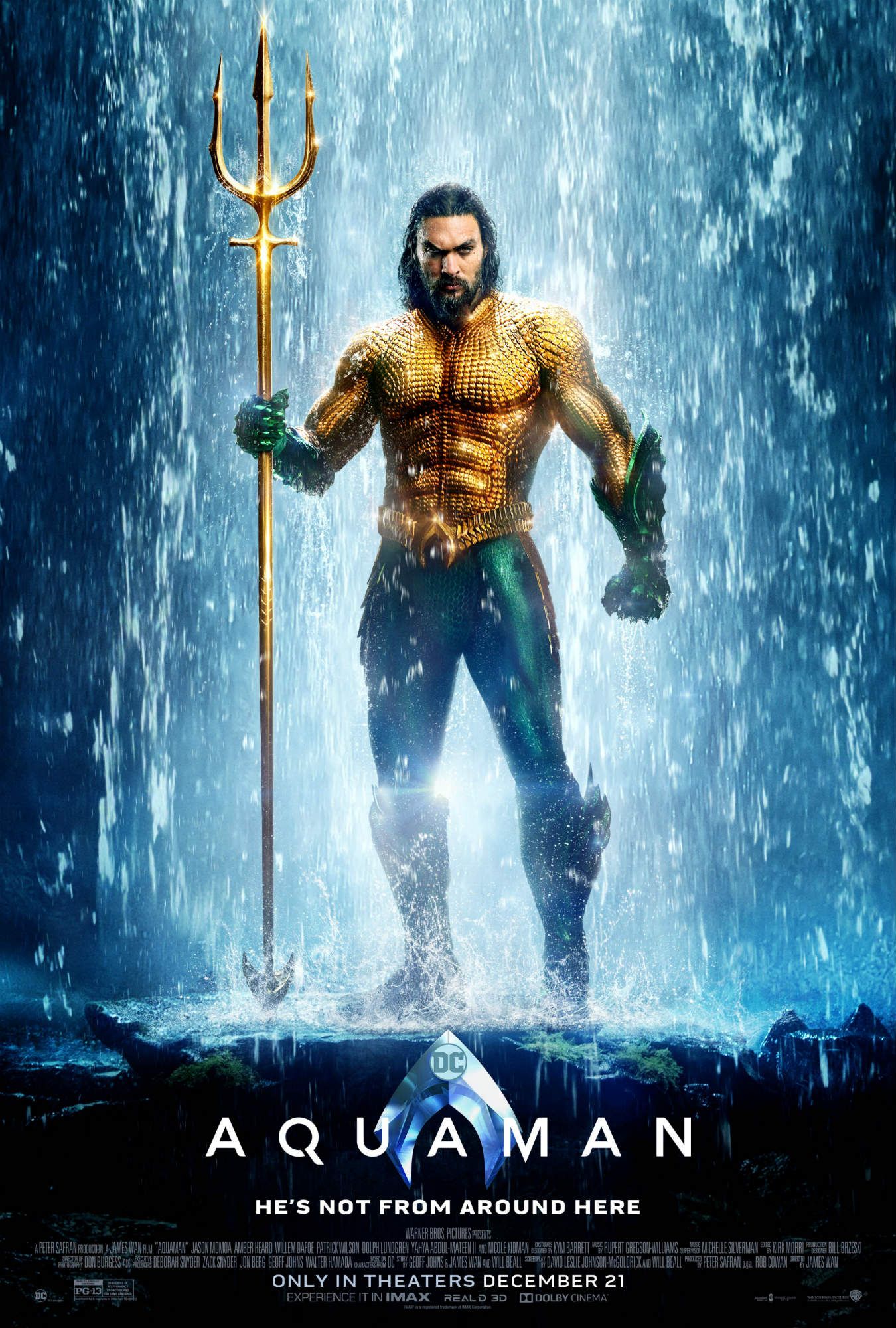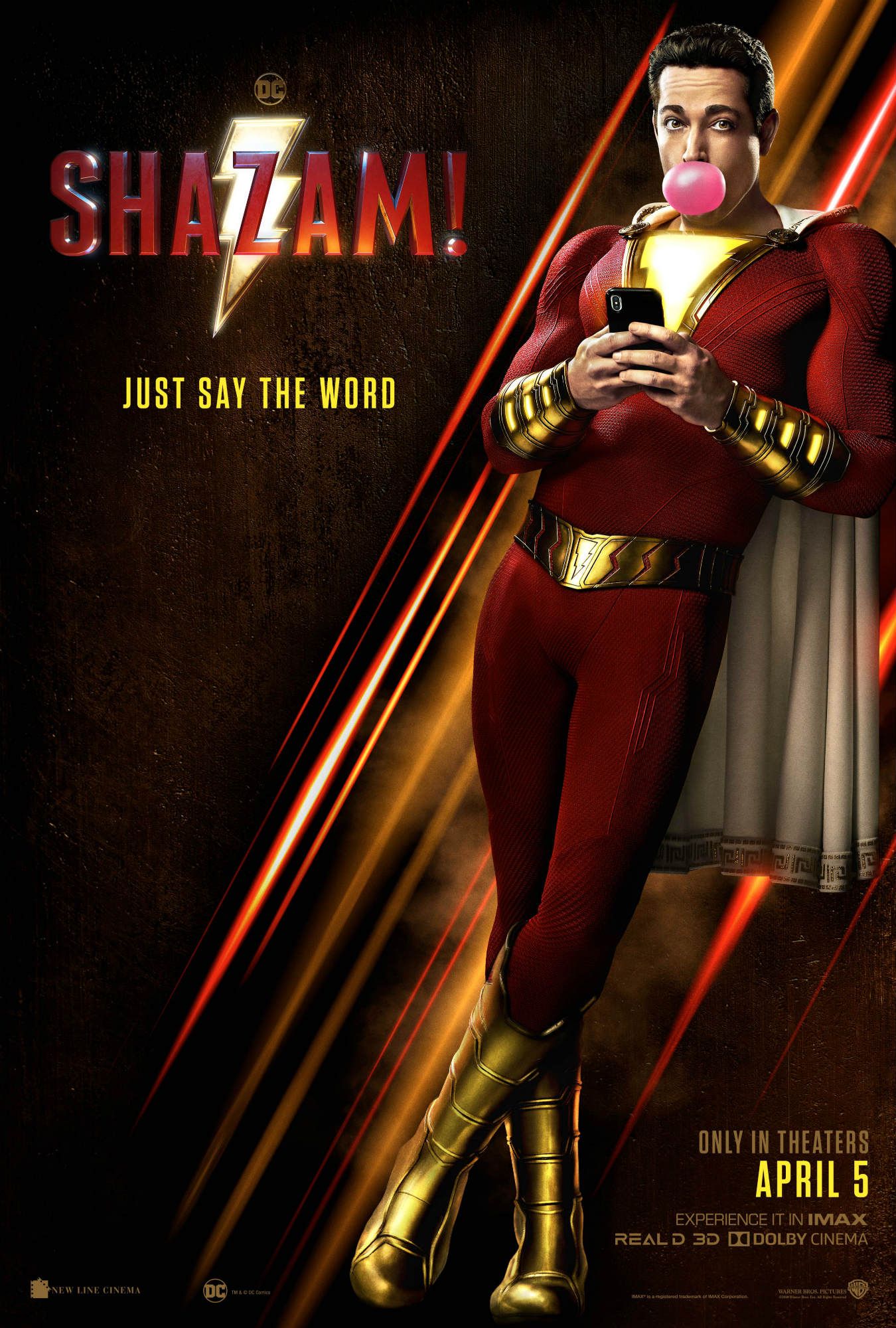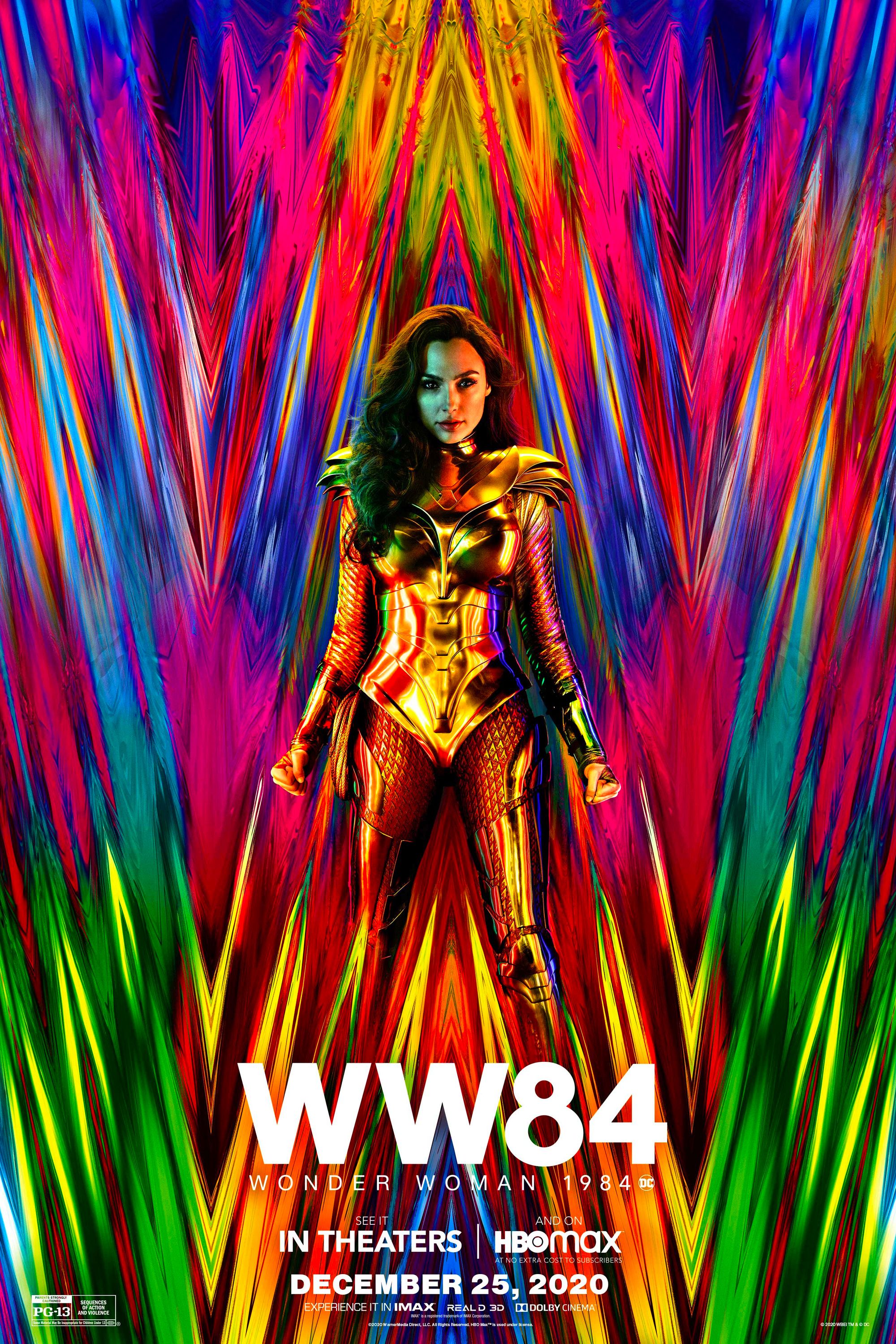DC Comics isn't just populated by superheroes and super villains with powers beyond those of mortal men. It's a universe of gods, monsters, aliens, and much more. The DC pantheon is comprised of the oldest and greatest comic book superheroes led by Superman, Batman and Wonder Woman. In designing what's now referred to (unofficially) as the DC Extended Universe starting witth 2013's Man of Steel up to including the upcoming Justice League, DC Films didn't shy away from the grandiose nature of DC Comics. Rather, they embraced the most monumental aspects of DC. This includes effectively utilizing the classic storytelling tool of dream sequences. The dream sequences in the DCEU lend a mythic quality that makes the films more epic.
By contrast, the Marvel Cinematic Universe began with Iron Man and by centering on a very human and very flawed billionaire who gains his 'power' from the technology he creates, Marvel laid the groundwork for what kind of movie universe the MCU would be. Eventually, the MCU expanded to include an unstoppable green rage monster, aliens who were once worshiped as Norse gods, sorcery and other dimensions, and even more colorful cosmic beings of all sorts, but by initially basing everything off of Tony Stark (Robert Downey, Jr.) becoming Iron Man as its nexus, the MCU continues to maintain a relatively grounded approach based around the quirky personalities of its heroes. Avengers: Infinity War looks to greatly expand the scope of the MCU even further, but the MCU gradually built itself outward from micro to macro.
The DCEU was macro from its inception. It began with Superman (Henry Cavill), arguably the most powerful being in its universe, and the most powerful member of the Justice League (when he returns from the dead). Before the first film of the DCEU was even over, Superman's battle with fellow Kryptonian General Zod (Michael Shannon) was of such a staggering scale that they demolished the town of Smallville and most of the city of Metropolis. This was the deciding fight of a full-on alien invasion where the Kryptonians tried to completely terraform the Earth and wipe out all human life on the planet with massive World Engines. Man of Steel established the tone of the DCEU right away: this was a grander and more epic comic book universe, and the style of storytelling in the movies would reflect that.
The DCEU is not just about superhero stories, they are about myth-making, and the dreams of its heroes feed into and enrich their mythology. In Man of Steel, there is a prophetic sequence where General Zod made Superman see the destruction of the Earth in a dream and Superman is buried in a mountain of human skulls in the wasteland of Smallville. This signaled that Superman's decisions and how he chooses to use his powers are matters of life and death on a global scale. The fate of every human life on Earth would be in his hands with his choices, and it helped Superman embrace the defense of humanity while simultaneously rejecting his Kryptonian heritage. Superman makes choices the gods of old once made, but rather than feed his own hubris, Superman uses his godlike powers to help people and protect the world.
Of course, the most infamous dream sequence in the DCEU thus far is in Batman V Superman: Dawn of Justice when Bruce Wayne (Ben Affleck) has his Knightmare. Having already decided it was his mission to save the Earth and kill Superman, Wayne dreams that his greatest fear came true: Superman was an evil, all-powerful despot who conquered the world and there was nothing he could do to stop it. After being captured by soldiers loyal to the Man of Steel, Superman easily caves his chest in after blaming Batman for somehow taking "her" (presumably Amy Adams), his "world" away from him. Already paranoid after seeing Superman's destruction of Metropolis, Batman equated the helpless he felt to the entire human race's helplessness and this fueled his rage to kill Superman.
However, the Knightmare also mixed in Parademons and the Omega symbol in the sands of what was once Metropolis: the calling card of Darkseid. The Knightmare was a prophecy to Batman, that the greatest evil was on its way, and this was followed up by Bruce waking to find The Flash (Ezra Miller) time traveling to send him a message: that Batman was right about "him," that Lois Lane is the key, and to fear "him." But dreams are confusing and misleading and Batman took away the wrong message: that Superman is the enemy he has to fear and kill. Batman wouldn't realize until the film was over, having witnessed Superman sacrifice his life to kill a literal monster in Doomsday, that he was wrong about the Man of Steel. Batman rededicated himself to honoring Superman's memory and form a team that could hopefully defend the Earth from the coming evil in Superman's place.
Batman V Superman also featured a second dream sequence where the late Jonathan Kent (Kevin Costner) appeared to Clark when he was soul searching in the North after completely failing to prevent the bombing of the U.S. Capitol. Jonathan reminded his adopted son of his own failures in his past and the consequences that sometimes come from what seem like heroic acts; in this case how Jonathan and his father's efforts to save the Kent farm from a flood ended up destroying the neighboring Lang farm. Superman exists on several levels, including the mythic, and this serves to illuminate the challenges he faces in trying balance being a benevolent god with his desire to live like an ordinary man with Lois. Superman learns important lessons in his dreams.
Dreams and prophecy are, of course, ancient storytelling techniques utilized by the Ancient Greeks. Nowhere in the DCEU is this more evident than in Wonder Woman, which establishes that the Greek Gods have been a part of the DCEU since its beginning and the war of the gods between Ares and Zeus still had ramifications into the 20th century. Wonder Woman (Gal Gadot) herself was born of Zeus and her mother Queen Hera (Connie Nielsen) of the Amazons with the destiny to kill Ares (David Thewlis), the last survivor of the Greek pantheon. Princess Diana is a literal god killer made flesh whose coming was foretold centuries ago. Wonder Woman is the embodiment of one of Mankind's oldest mythologies.
Even Suicide Squad - purportedly a movie about the DCEU's relatively less-powerful super criminals like a crazy female clown, a gun-toting assassin, and a guy who throws boomerangs - had its characters finding themselves allied with a metahuman fire god named Diablo (Jay Hernandez). The Squad's mission was to face and defeat the Enchantress (Cara Delevingne), an ancient mystical inter-dimensional sorceress, and her brother Incubus. Enchantress even gives the Squad visions of their hearts' desire and probably the most moving moment of the film is when Harley Quinn (Margot Robbie) dreams she lives an idyllic, normal life raising a child together with her handsome husband the Joker (Jared Leto). The DCEU's scope decidedly leans towards the epic even in a movie about criminals forced into service as the Worst Heroes Ever.
But it all comes back to the Man of Steel. The final trailer for Justice League introduces what may be the DCEU's most moving dream sequence yet: Lois Lane steps onto the porch of the Kent Farm in Smallville to find Clark alive and standing in the field. He notices she's wearing the engagement ring he left her. He'd died before he could ask her to marry him. "I take it that's a yes," Clark smiles. The dream offers hope for Superman's return to life, both for the world, and for the woman who helped bring Superman to the world. In Justice League, Lois' dream sets the stage for Superman's resurrection, and she may indeed be the key to how Superman returns. For Lois, and for his fans waiting for him to soar through the skies of the DCEU once more, Superman is the stuff of dreams.
In the DCEU, dreams have profound meaning for the characters as well as tantalize fans with clues to future events. Dream sequences are windows into the inner lives, desires, failings, and hopes for DC's heroes. Their dreams pose questions, offer illumination and anchor them to humanity. Superman, Batman, and Wonder Woman et al are our greatest modern mythological characters. They are the successors to the ancient heroic tradition of our oldest stories. The power of the films of the DCEU is in how they tap into that boundless well of myth. The dreams of DC's superheroes reflect the dreams of their fans, and only make their adventures, trials, and eventual triumphs all the more epic.

